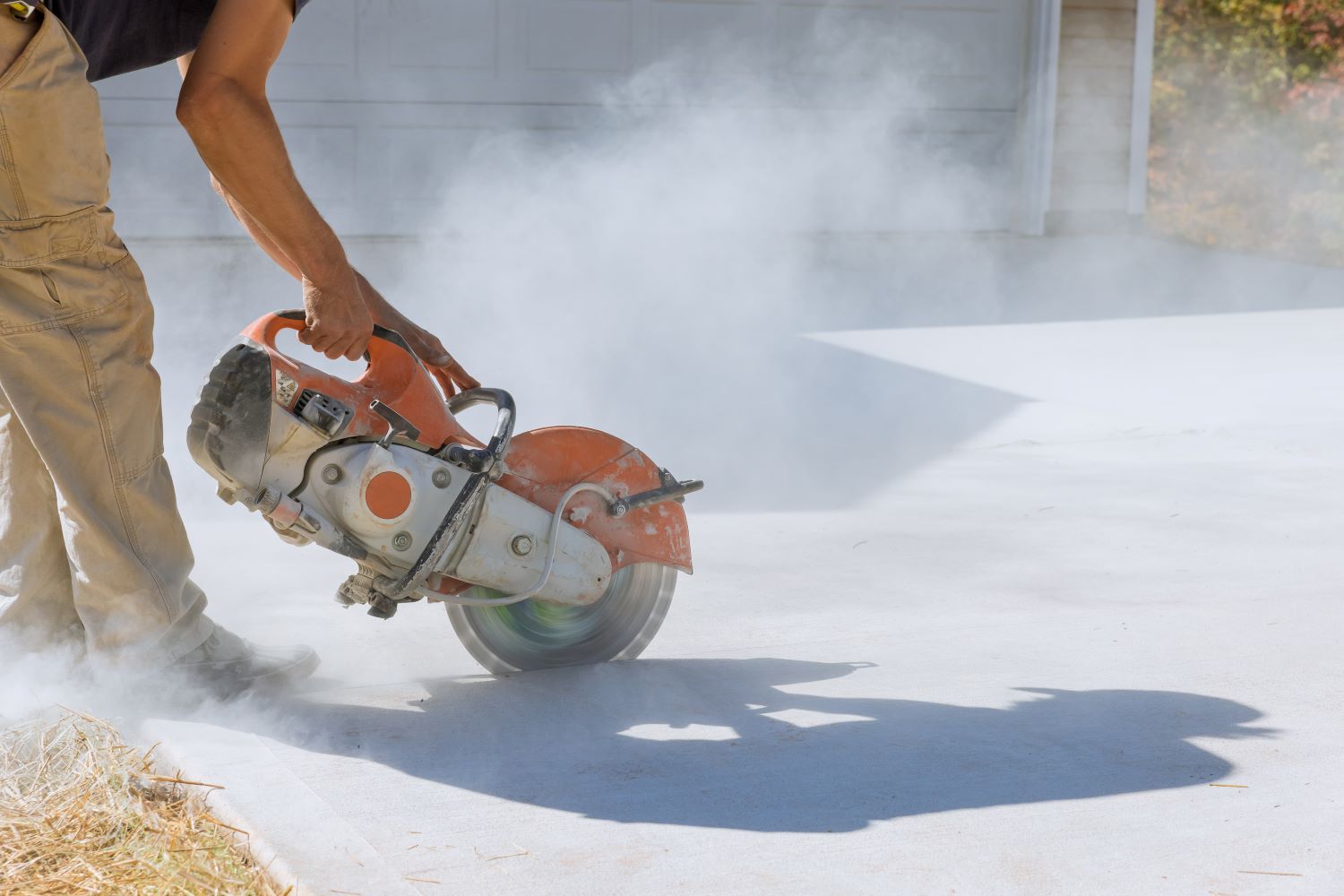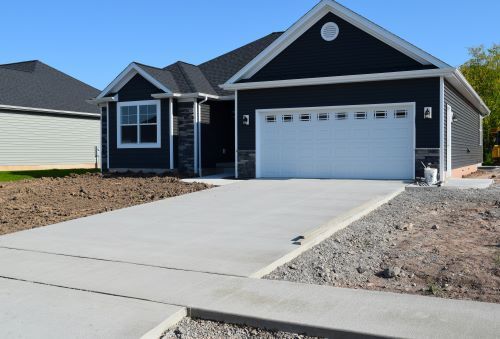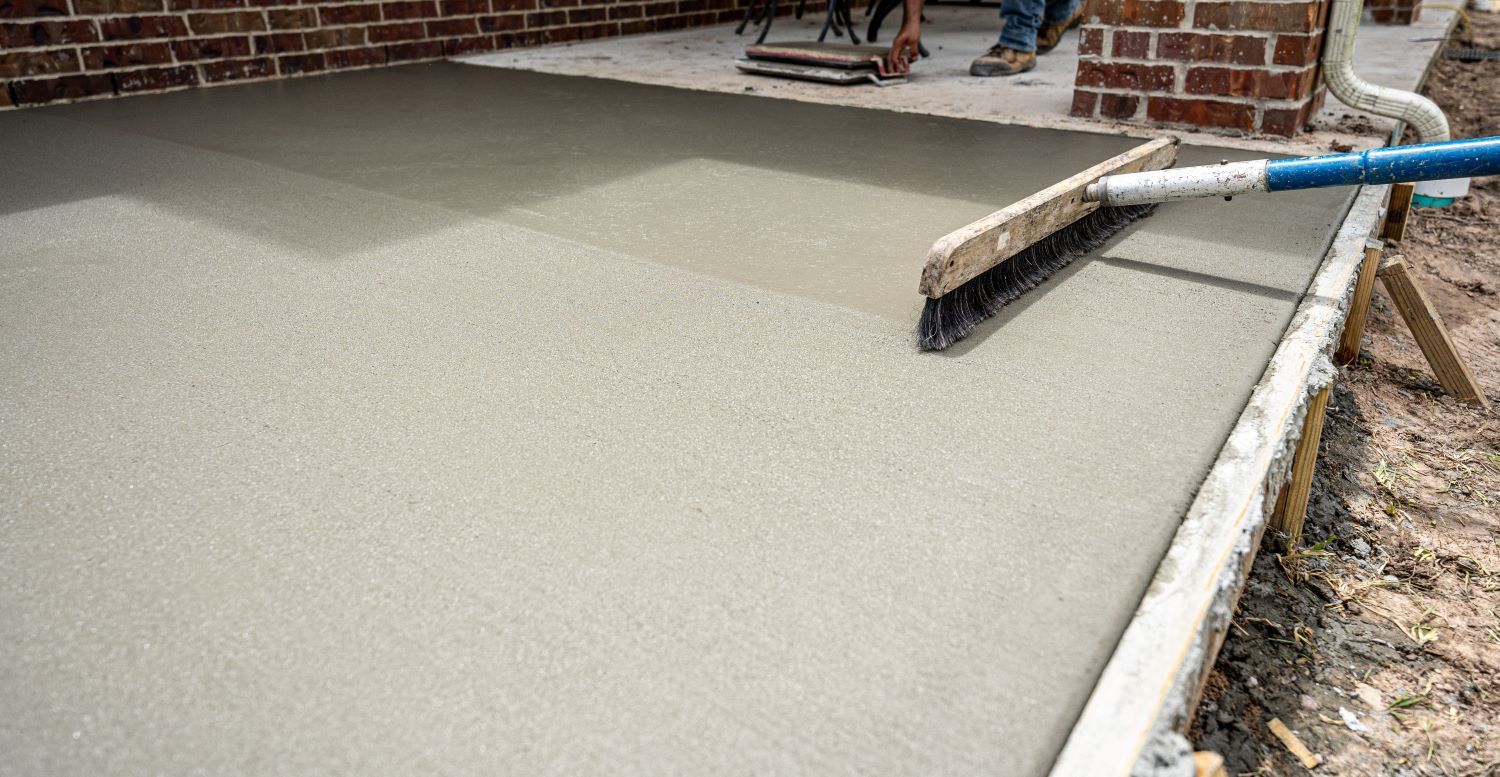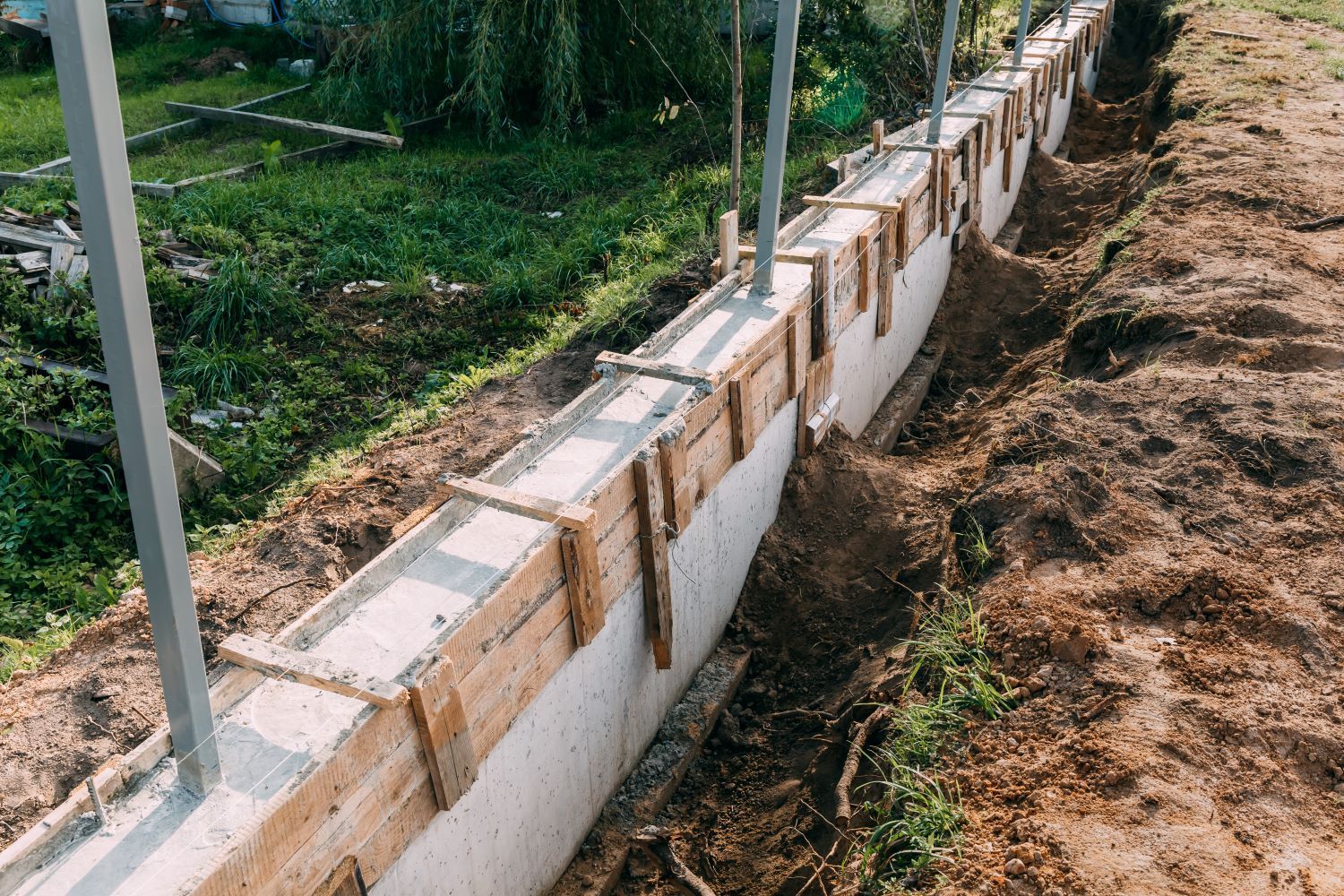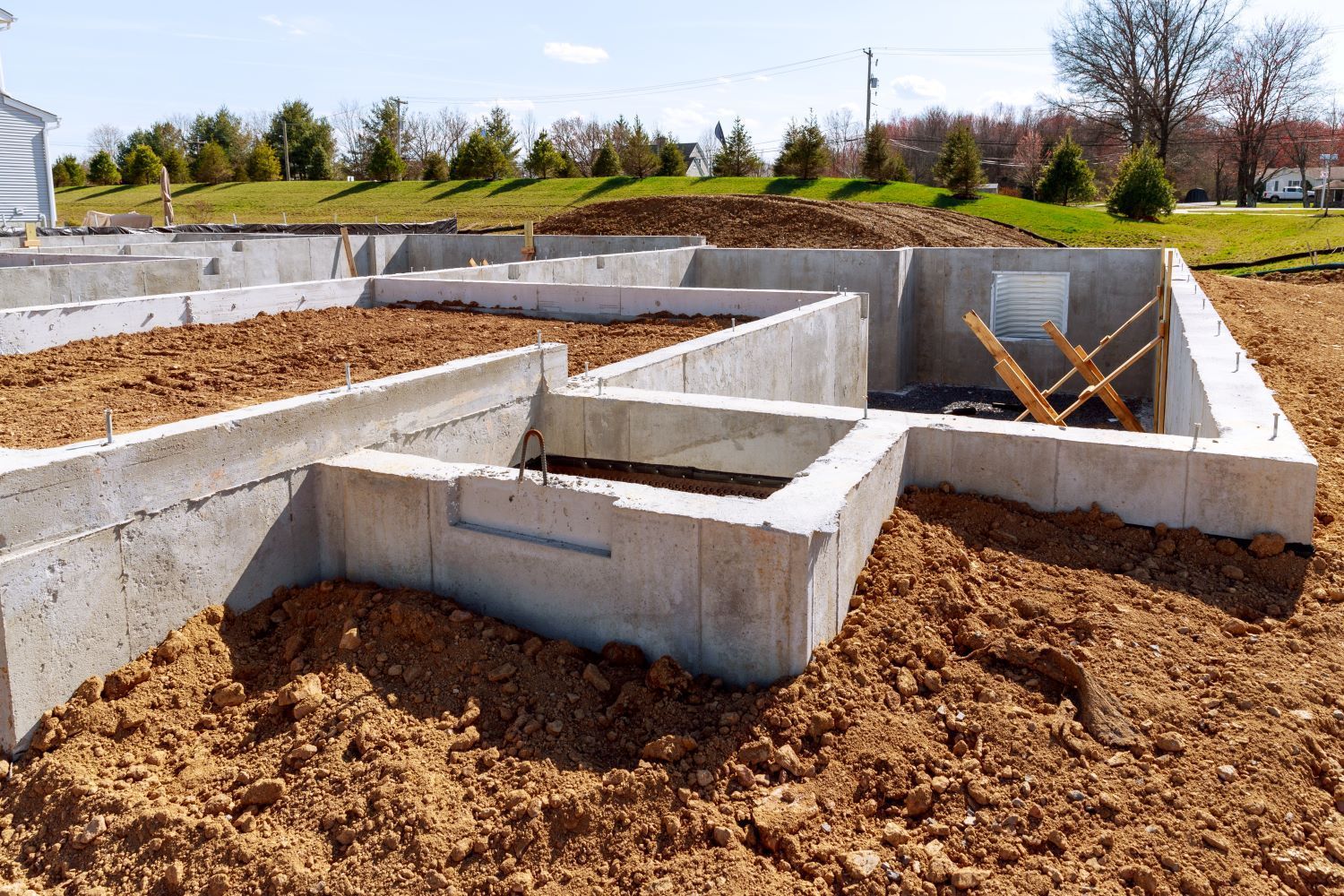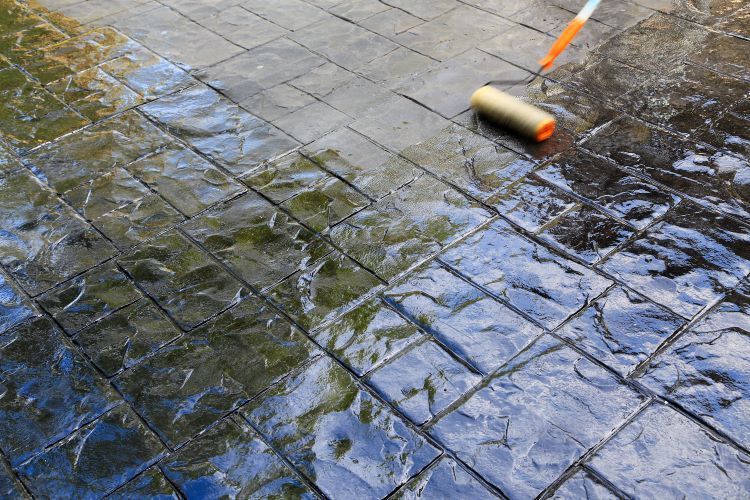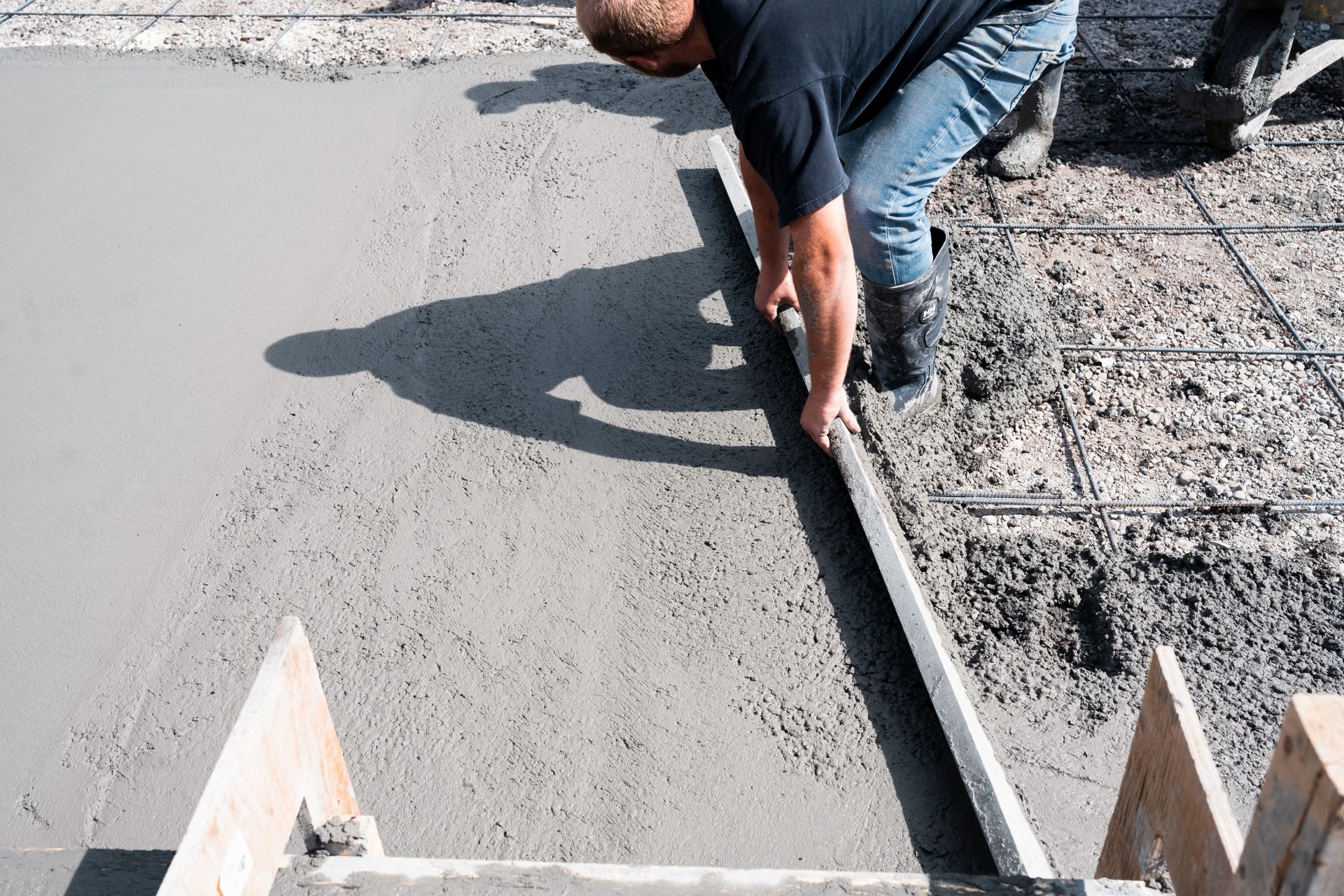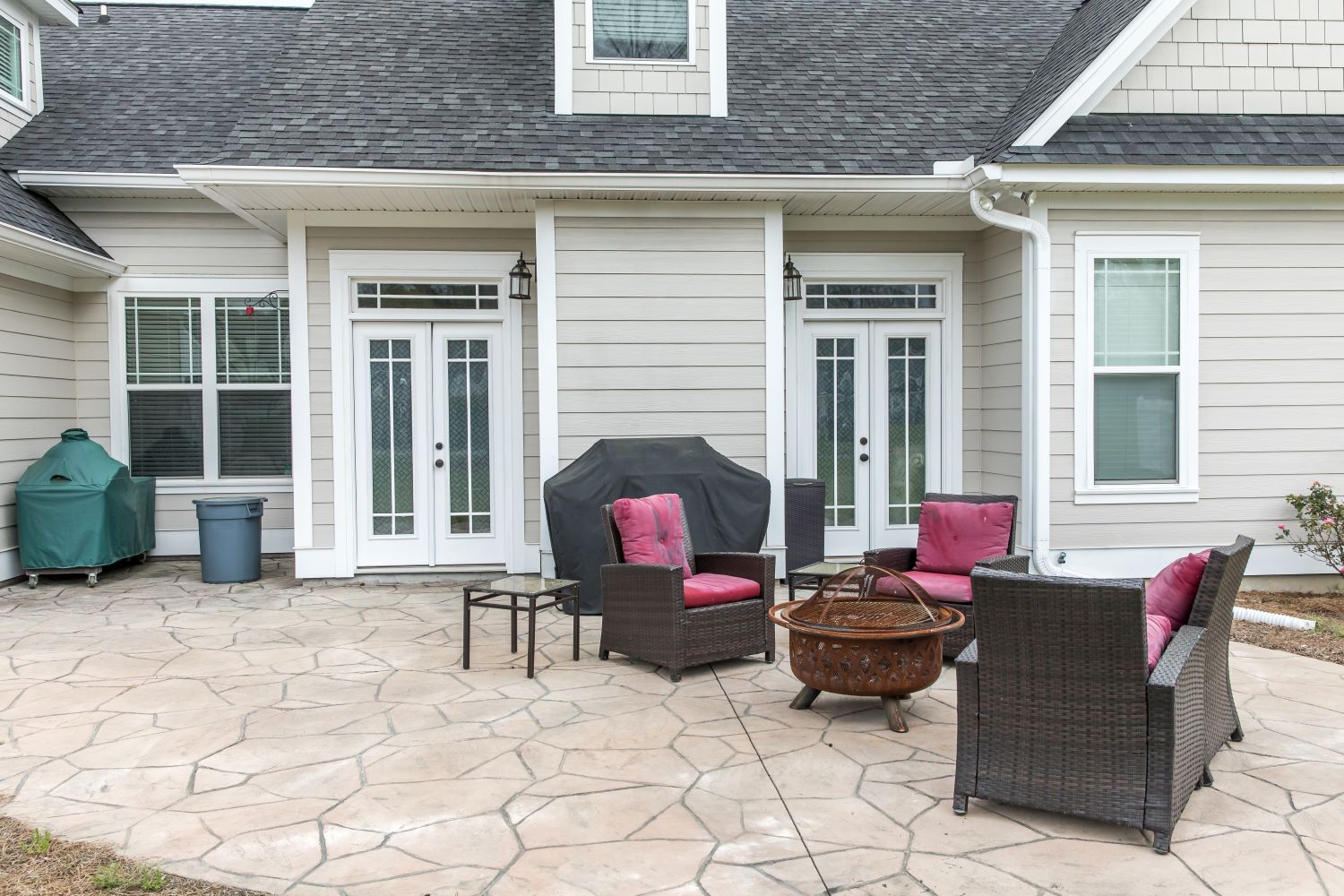The Best Concrete Mixes for Different Types of Projects
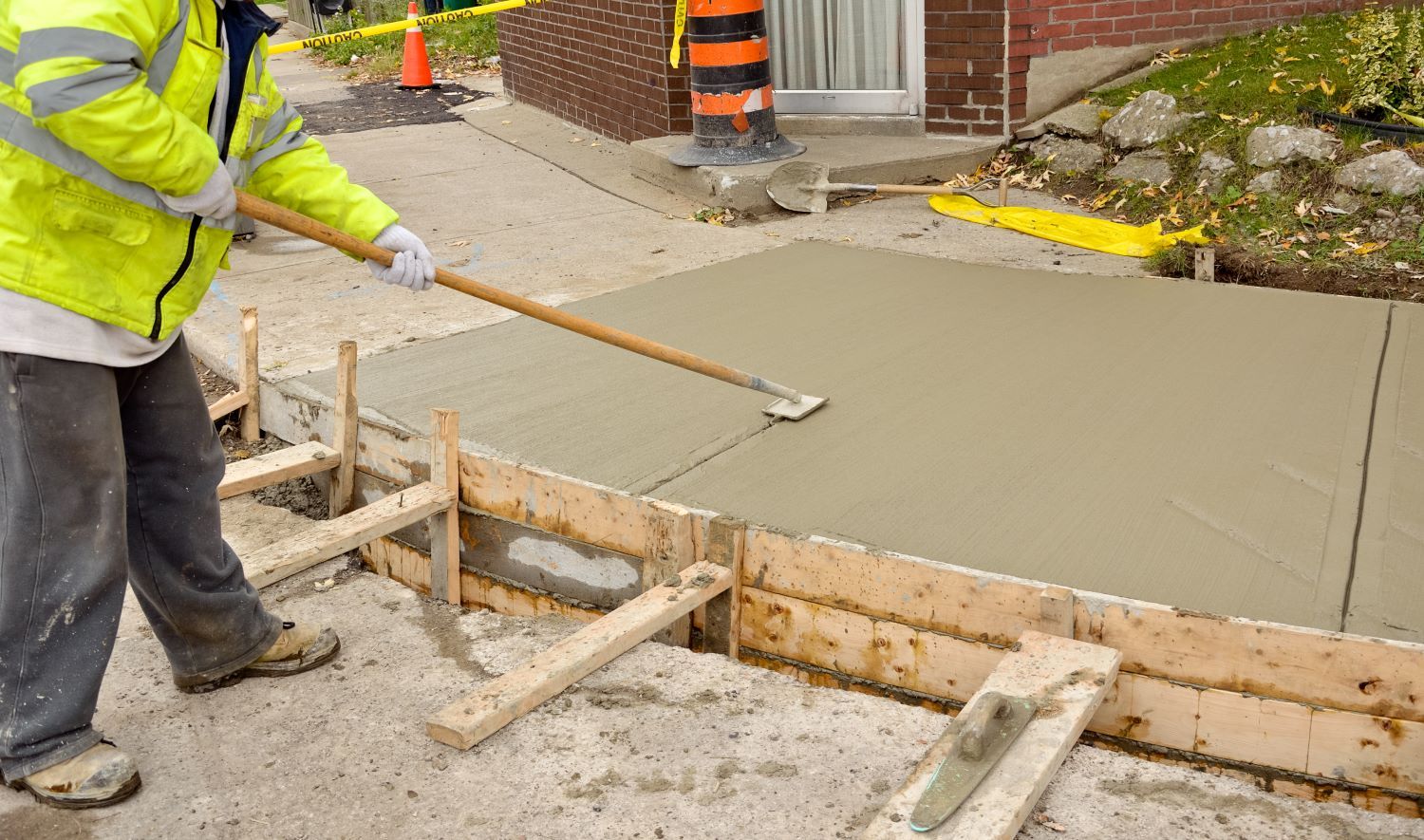
Concrete is a versatile building material used in a wide range of construction projects, from residential driveways to large-scale commercial buildings. Selecting the right concrete mix is crucial to ensure the success and longevity of your project. At Concrete Contractors London, a local company in London, Ontario, we understand the importance of choosing the appropriate concrete mix for various applications. In this article, we will explore the best concrete mixes for different types of projects.
Understanding Concrete Mixes
Concrete is composed of cement, water, aggregates (such as sand, gravel, or crushed stone), and sometimes additives to enhance specific properties. The proportions of these components can vary, resulting in different concrete mixes tailored for specific uses. Here are some of the most common concrete mixes and their applications:
1. Standard Concrete Mix
Proportions: Typically, a standard concrete mix consists of 1 part cement, 2 parts sand, and 4 parts gravel, with a water-cement ratio of about 0.5.
Applications: This mix is ideal for general-purpose use, such as residential driveways, sidewalks, and patios. It provides a good balance of strength and workability.
2. High-Strength Concrete Mix
Proportions: This mix has a higher cement content and lower water-cement ratio (around 0.35 to 0.4) to achieve greater strength. It may also include additives like silica fume or fly ash.
Applications: High-strength concrete is used in structural elements that require exceptional load-bearing capacity, such as columns, beams, and foundations. It's also suitable for high-rise buildings and heavy-duty industrial floors.
3. Rapid-Setting Concrete Mix
Proportions: Rapid-setting concrete contains special additives that accelerate the curing process. The exact proportions can vary depending on the manufacturer.
Applications: This mix is ideal for projects that require quick completion, such as repairs to roadways, bridges, or other infrastructure. It sets and gains strength much faster than standard concrete, allowing for quicker reopening of the area to traffic or use.
4. Lightweight Concrete Mix
Proportions: Lightweight concrete includes lightweight aggregates like expanded clay, shale, or perlite. The mix design can vary but typically has a higher proportion of these aggregates compared to standard concrete.
Applications: Used in applications where reducing the overall weight of the structure is crucial, such as in high-rise buildings, precast panels, and roof decks. It offers good thermal insulation and soundproofing properties.
5. Stamped Concrete Mix
Proportions: Stamped concrete mixes often include color additives and a slightly higher cement content to enhance durability and surface finish.
Applications: Ideal for decorative concrete projects like patios, walkways, and pool decks. The mix allows for the addition of patterns and textures, mimicking the appearance of stone, brick, or tile.
6. Self-Consolidating Concrete (SCC) Mix
Proportions: SCC is a highly flowable mix that spreads into place and fills formwork without the need for mechanical vibration. It often includes superplasticizers to achieve its flowable properties.
Applications: SCC is used in projects requiring intricate and detailed formwork, such as architectural walls, columns with dense rebar configurations, and precast concrete elements. It provides a smooth finish and reduces labor costs.
7. Fiber-Reinforced Concrete Mix
Proportions: This mix includes fibers (steel, glass, synthetic, or natural) to enhance the concrete's tensile strength and crack resistance. The proportions of fibers can vary based on the desired performance.
Applications: Fiber-reinforced concrete is ideal for projects where increased durability and resistance to cracking are essential, such as in industrial floors, pavements, and shotcrete applications.
Choosing the Right Mix for Your Project
Selecting the right concrete mix depends on several factors, including the project's purpose, environmental conditions, and specific performance requirements. Here are some tips to help you choose the best mix for your project:
- Assess the Load-Bearing Requirements: Determine the structural demands of your project to select a mix with the appropriate compressive strength.
- Consider Environmental Conditions: For projects exposed to harsh weather or corrosive environments, choose a mix with additives that enhance durability and resistance to freeze-thaw cycles or chemical attacks.
- Evaluate Aesthetic Needs: For decorative projects, consider stamped or colored concrete mixes that offer visual appeal and design flexibility.
- Factor in Time Constraints: If your project has a tight schedule, rapid-setting concrete can expedite the construction process.
- Consult with Experts: Working with experienced concrete professionals, like Concrete Contractors London, ensures that you select the right mix for your specific needs.
Conclusion
Choosing the best concrete mix is essential for the success and longevity of any construction project. Whether you're working on a residential driveway, a decorative patio, or a large commercial structure, selecting the right mix ensures durability, strength, and aesthetic appeal.
At Concrete Contractors London, we have the expertise to help you choose and apply the best concrete mix for your project. Contact us today to discuss your needs and get started on your next concrete venture.
